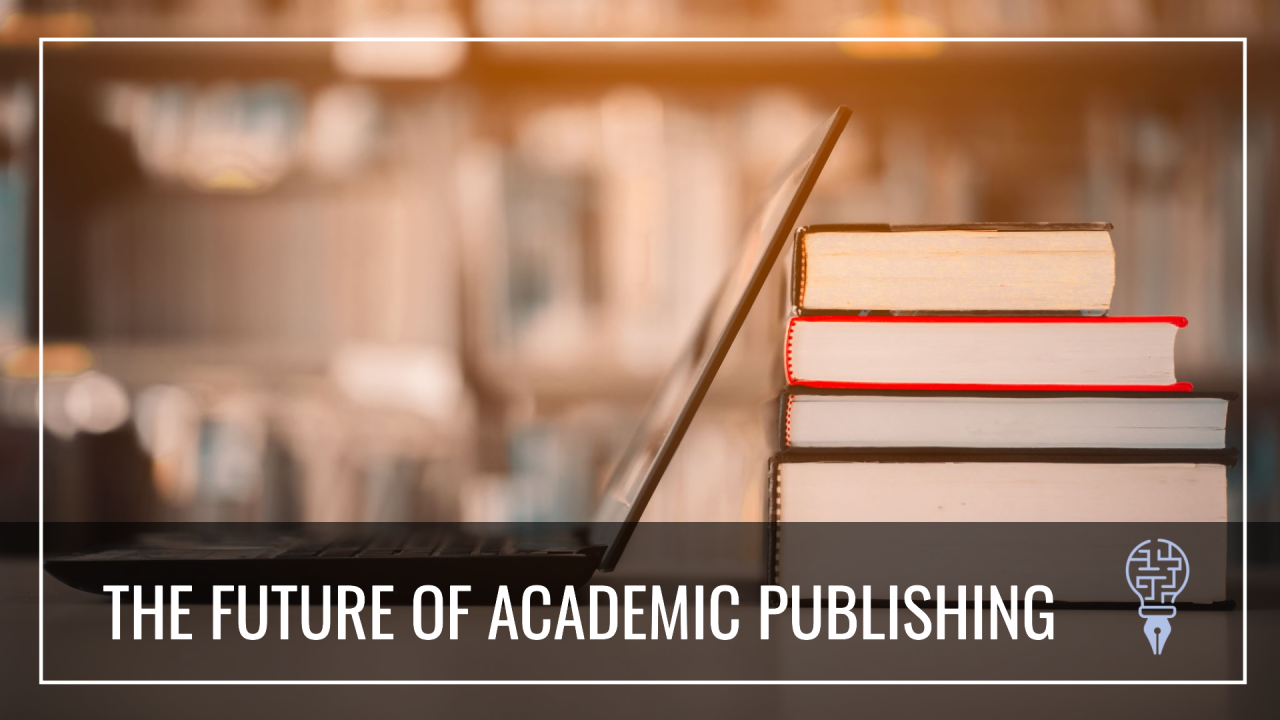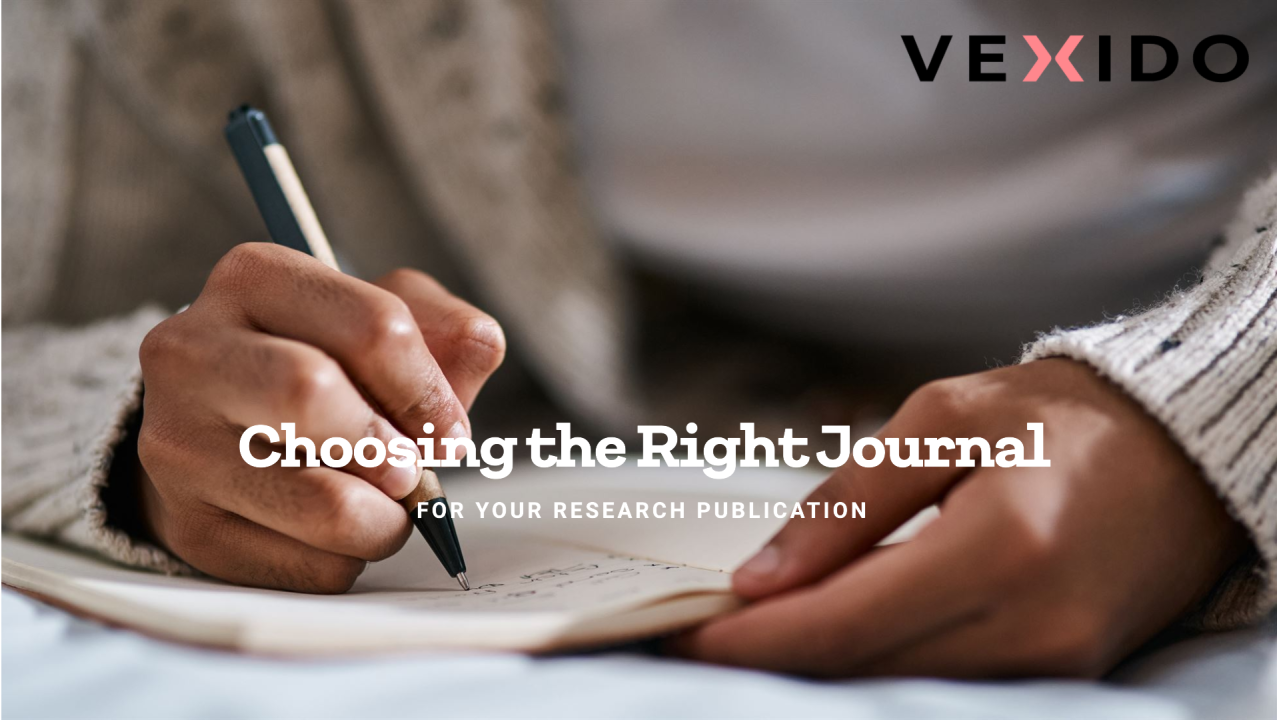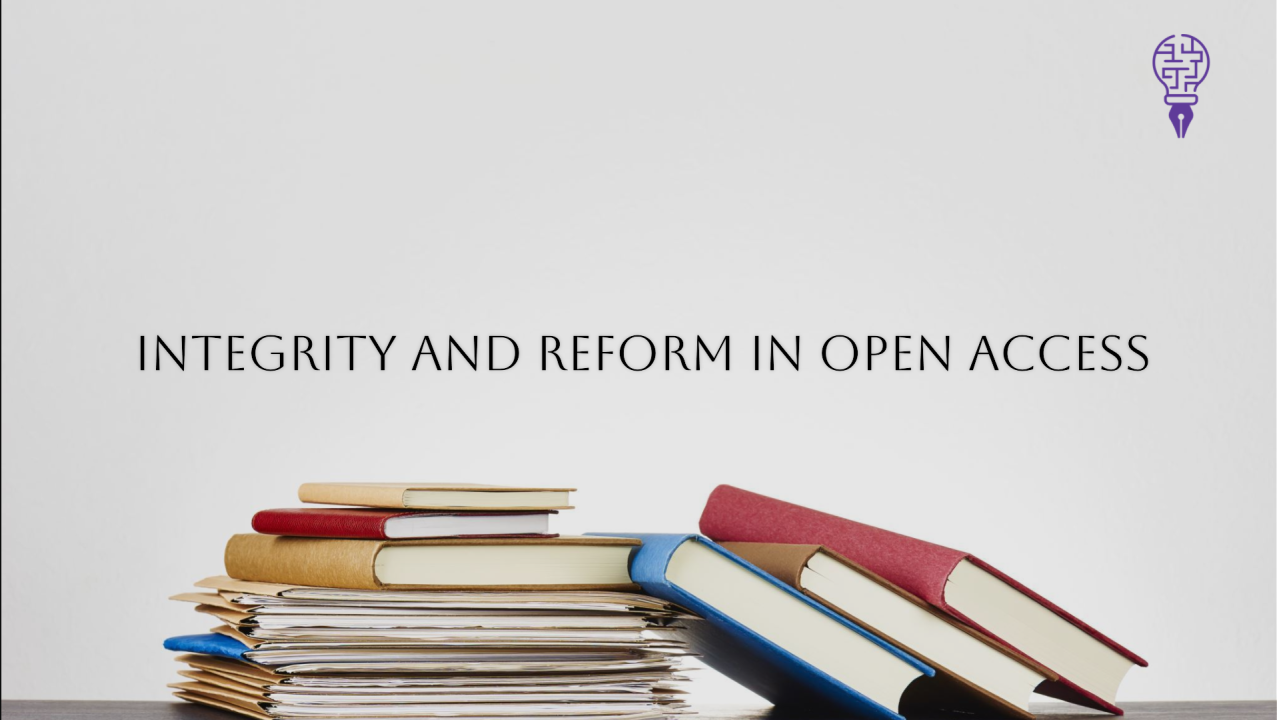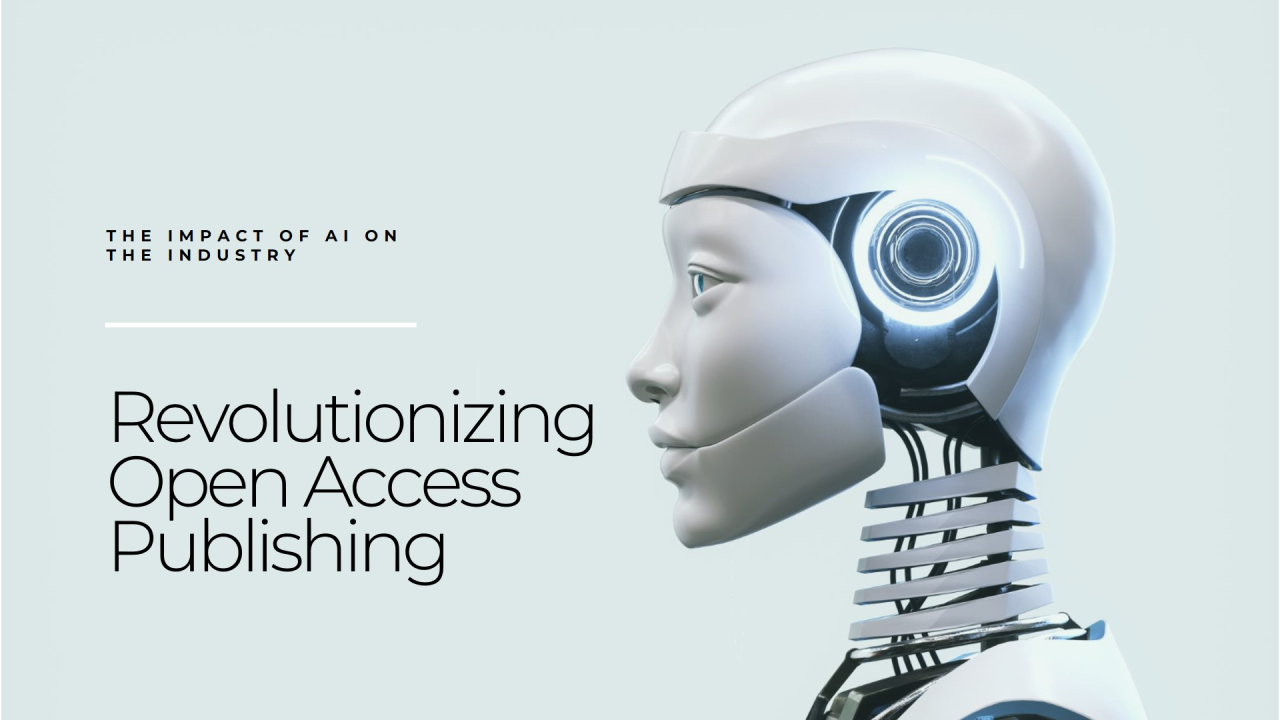CURRENT ISSUE
No Current Issue
Renewable Energy & Smart Infrastructure
Renewable Energy & Smart Infrastructure
Innovating for a Sustainable and Energy-Efficient Future
Introduction
The transition to renewable energy and smart infrastructure is critical to achieving global sustainability goals, reducing carbon footprints, and ensuring energy security. As countries and industries move towards decarbonization, energy efficiency, and intelligent urban planning, research in clean energy, sustainable architecture, and smart grids plays a pivotal role in shaping a greener future.
This section of SUSTAINA focuses on technological advancements, policy frameworks, and innovative solutions that drive renewable energy adoption, sustainable infrastructure development, and climate-smart urban planning.
Key Focus Areas
Clean Energy Transitions and Renewable Energy Policies
- The role of solar, wind, hydro, geothermal, and biomass energy in global energy transformation.
- Policy analysis of renewable energy incentives, subsidies, and carbon neutrality goals.
- The impact of energy storage, grid integration, and decentralized power generation on sustainable energy models.
Smart Cities and Urban Sustainability Initiatives
- The implementation of AI-driven urban planning, IoT-based energy management, and eco-friendly city designs.
- Smart infrastructure for sustainable mobility, green buildings, and digital energy optimization.
- The role of public-private partnerships in driving climate-resilient urban development.
Sustainable Transportation and Green Mobility Solutions
- The impact of electric vehicles (EVs), hydrogen fuel cells, and alternative fuels on decarbonization.
- Research on low-carbon public transport, hyperloop technology, and integrated transit systems.
- Policies supporting EV charging networks, sustainable aviation, and fuel efficiency.
Water Security, Sustainable Agriculture, and Agroecology
- Research on smart irrigation systems, water conservation, and soil health enhancement.
- The integration of climate-adaptive farming practices, vertical agriculture, and precision farming.
- Policy recommendations for reducing water waste and promoting regenerative agricultural practices.
Industrial Decarbonization and Energy-Efficient Manufacturing
- The role of low-carbon industrial processes, green manufacturing, and circular production cycles.
- Technological advancements in carbon capture, utilization, and storage (CCUS).
- Policy interventions for reducing industrial emissions and optimizing energy efficiency.
AI and Digital Technologies for Environmental Sustainability
- The integration of machine learning, blockchain, and big data analytics in environmental monitoring.
- Research on smart grids, predictive maintenance, and AI-driven energy forecasting.
- The impact of digital twin technology, automation, and cloud computing on sustainability goals.
Future Perspectives
The future of renewable energy and smart infrastructure requires interdisciplinary collaboration, large-scale investment, and innovative policymaking. As urbanization accelerates and energy demands rise, research and development in clean energy transitions, green mobility, and smart cities will shape a sustainable and technologically advanced future.
Through this section, SUSTAINA aims to advance scientific discourse, drive policy reforms, and promote innovative solutions that ensure a greener and smarter world.















